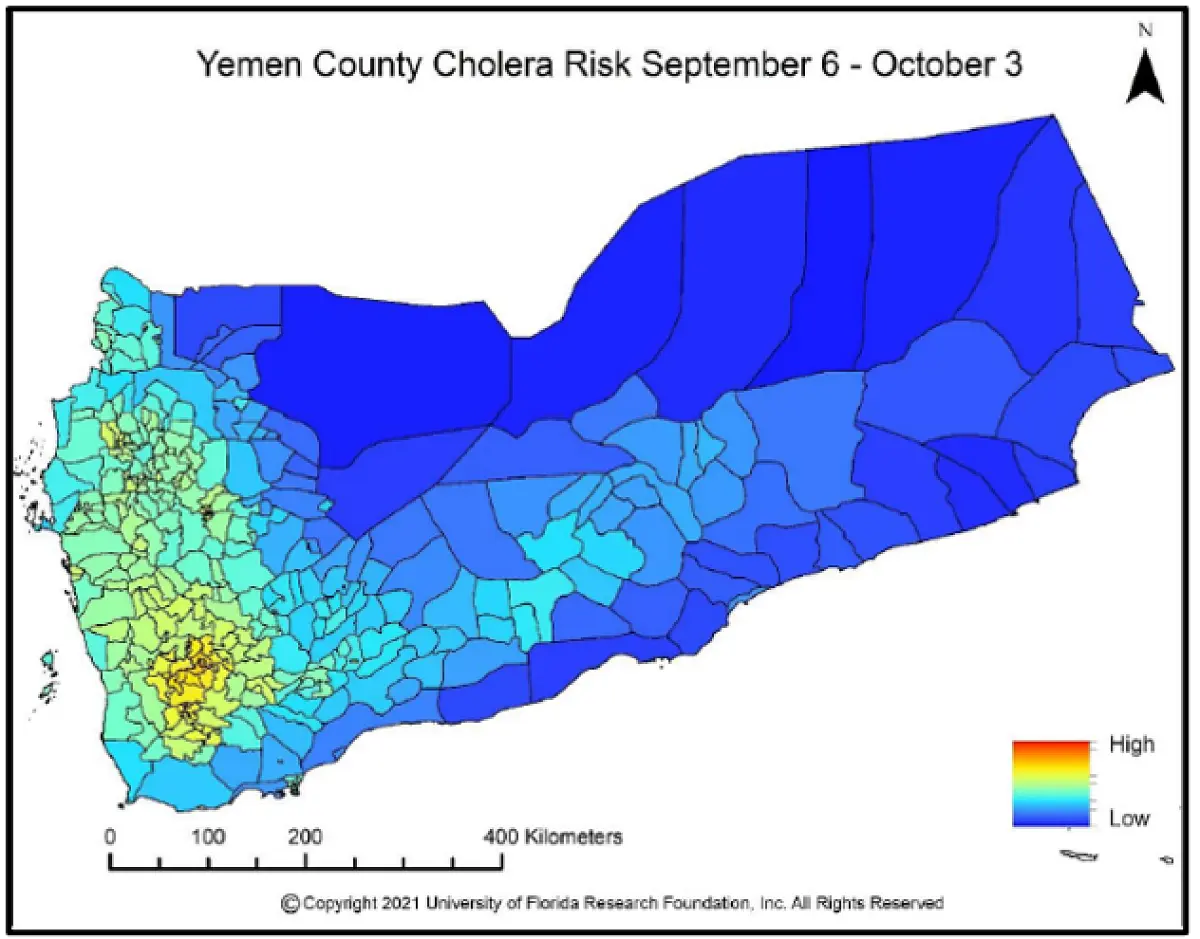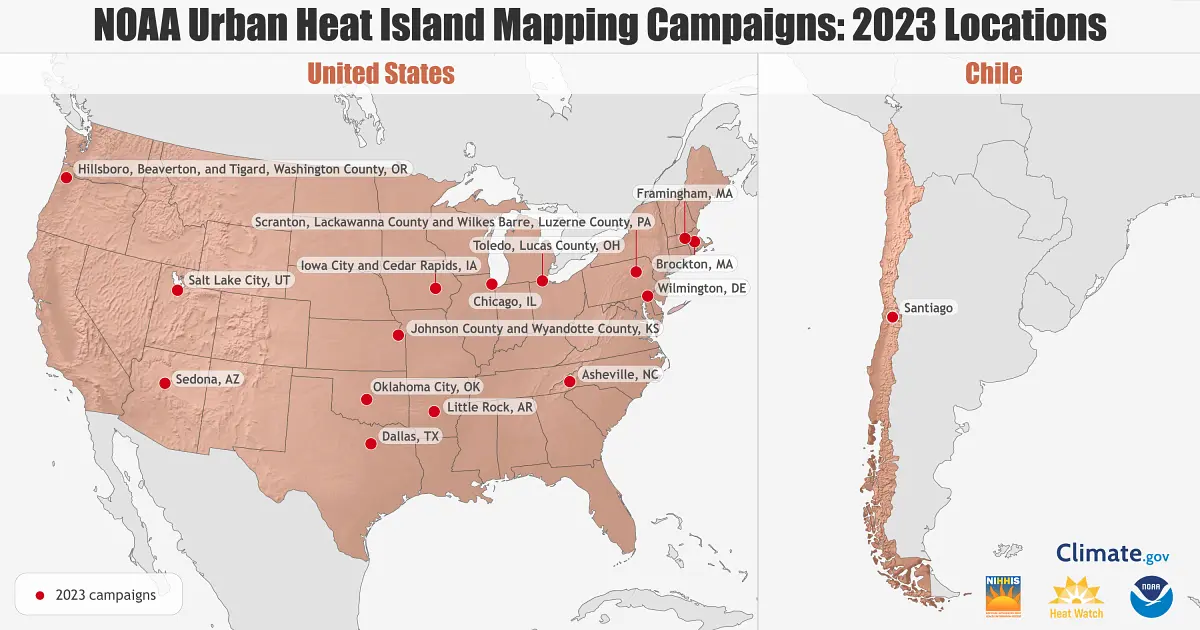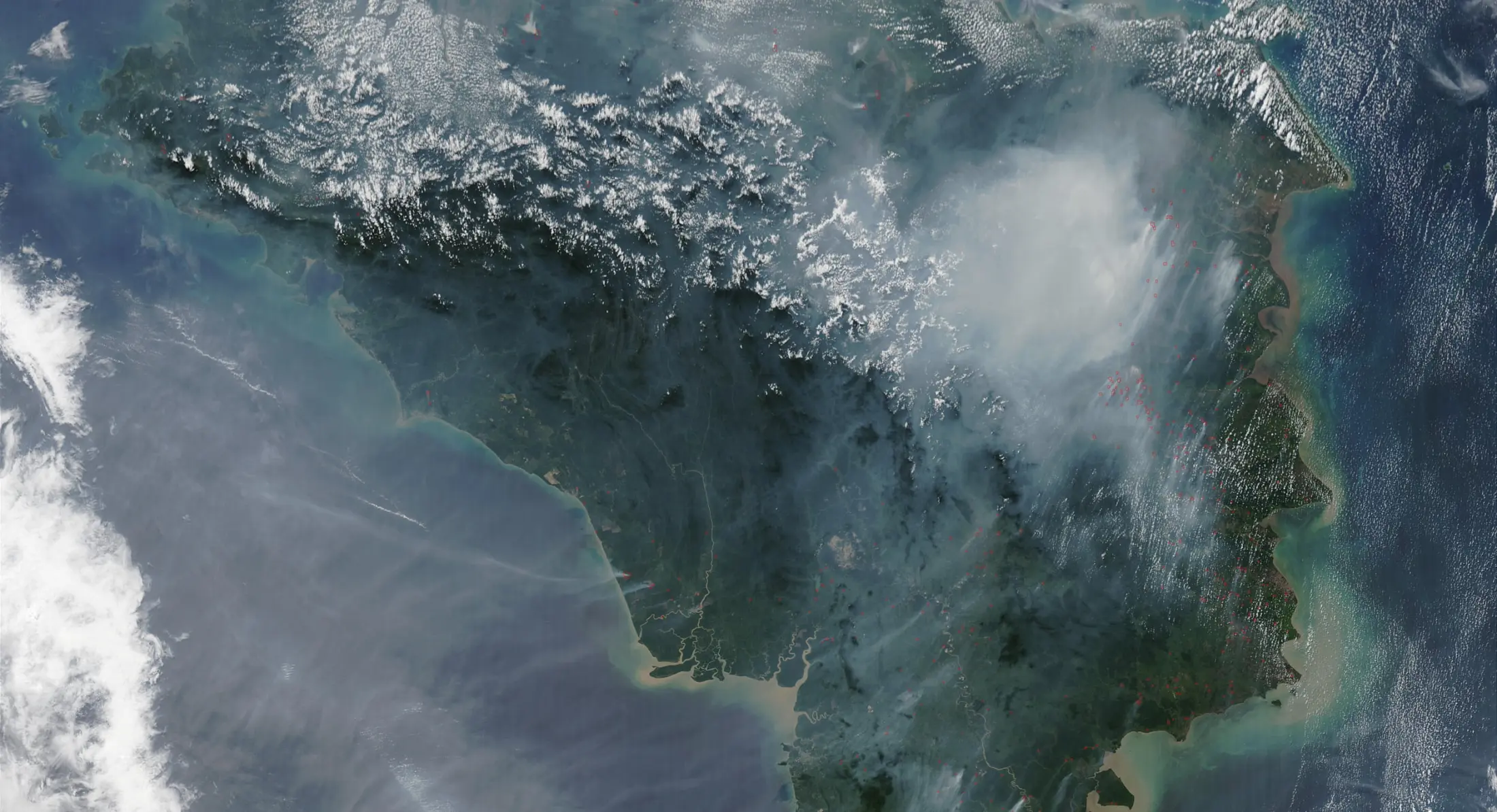The Challenge
Emerging global health risks, such as air and water pollution, extreme heat, and infectious disease outbreaks (including COVID-19), affect infectious and chronic disease morbidity and mortality rates and continue to challenge nations to achieve the established national and international health objectives. Understanding the dynamic processes of the Earth’s systems is essential to support the delicate balance of humans, animals, and the surrounding ecosystems and offer a sustainable framework for investment in research development and capacity building in environmental health.
The Solution
The use of Earth observation data among interdisciplinary and multi-agency teams can significantly advance scientific knowledge of existing public health threats to human, animal, and ecosystem health. Using the One Health concept, Earth and health science communities can leverage expertise, share Earth observation and health data and resources, and develop feasible action plans that ultimately promote population health across geographic regions.
Contributions to the global scientific workshops:
- WMO Study Group on Integrated Health Services: WMO Workshop on Climatological, Meteorological, and Environmental Factors in the COVID-19 Pandemic (August 2020), the First Report of the WMO COVID-19 Task Team: Review on Meteorological and Air Quality Factors Affecting the COVID-19 Pandemic (March 2021), WMO COVID-19 Task Team Virtual Roundtables (June and September 2021).
- Belmont Forum: Belmont Forum’s Collaborative Research Actions on Climate, Environment, and Health in the Americas Workshop (August 2021).
- Special Edition webinars with Regional GEOs: AfriGEO (March 2022), AmeriGEO (August 2020-present), EuroGEO (June 2023).
Latest Developments
Multidisciplinary Collaborations
The EO4Health Initiative continues to promote multidisciplinary collaborations by supporting five Work Groups and expanding scientific connections and partnerships with the public health community across regional GEO activities and projects. It will also support the related GEO activities and tasks that aim to strengthen the use of Earth observation data for health decision-making.
Our Impact
29 Mar 2025

29 Mar 2025

Policy Drivers
The EO4Health Initiative aims to support the implementation of the Sustainable Development Goals (SDG) and policy recommendations of the United Nations (UN) 2030 Agenda for Sustainable Development and the Sendai Framework for Disaster Risk Reduction 2015-2030.
Sustainable Development Goals: Earth observations for health that inform early warning to early action are relevant for monitoring progress towards SDG 3 (Ensure healthy lives and promote well-being for all at all ages), focusing on targets 3.3, 3.9, and 3.d.
- SDG Target 3.3: By 2030, end the epidemics of AIDS, tuberculosis, malaria, and neglected tropical diseases and combat hepatitis, water-borne diseases, and other communicable diseases.
- SDG Target 3.9: By 2030, substantially reduce the number of deaths and illnesses from hazardous chemicals and air, water and soil pollution and contamination.
- SDG Target 3.d: Strengthen the capacity of all countries, in particular developing countries, for early warning, risk reduction and management of national and global health risks.
Sendai Framework for Disaster Risk Reduction: Using Earth observations for health are instrumental in disaster risk reduction and relevant for tracking progress toward the Sendai Framework for Disaster Risk Reduction. Changes in biodiversity, land use, and land degradation can influence health outcomes. The technologies used at the intersection of big data and artificial intelligence in the environmental health sciences, combined with advances in bioinformatics, analytics, and modeling, have the potential to advance scientific discovery and influence population health. Hence, the availability of early warning systems can improve health outcomes and resilience of persons and communities, focusing on target g and priority 3.
- Target g: Substantially increase the availability of and access to multi-hazard early warning systems and disaster risk information and assessments to the people by 2030.
- Priority 3. Investing in disaster risk reduction for resilience: Public and private investment in disaster risk prevention and reduction through structural and non-structural measures are essential to enhance the economic, social, health and cultural resilience of persons, communities, countries, and their assets, as well as the environment.
Our Partners
Participating Organizations
Non-affiliated











